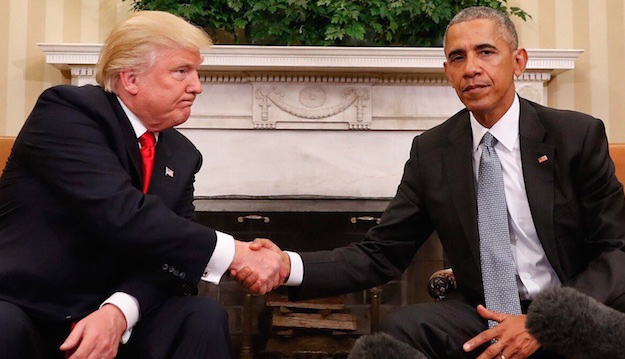How can we move conversations from raw debate and polite discussions along the continuum towards dialogue?
One of the things we are afraid to talk about in society, and by extension, in schools, is the idea of difference. We either negate or deflate the notion of difference by politically adopting a “color-blind” ethos towards practices and pedagogy (and leadership) because we think this, in fact, is a move in the right direction. If we believe this, we are wrong.
Difference is inevitable. Maintaining a color-blind ethos, and an ethos that extends to any other stereotypical, marginalized, and privileged determination without examining and investigating the root causes for such an observation is the real problem. It is true that we are all not the same, so marginalizing that conversation for the sake of political-correctness merely silences the important resolutions and growth that may come out of embracing our difference. This is where the dialogue starts at raw debate, strategically trying to “one up” eachother and eventually evolves into understanding…understanding difference, that is.
From the observable data, we select the data that is most appropriate and also most appropriating. Due to this convergence, we make meaning, or suture our analysis and fix bodies into particular spaces and places. When we draw conclusions, we are ending the conversation by applying our biases without ever challenging the very reasons by which we (in isolation, typically, but theoretically, by extension of society. See: Stuart Hall) are making meaning out of our initial observances. For me, this particular topic strikes home. I am a Black male who grew up in a lower to middle class environment who also espouses a particular culture. I do this every day as a teacher. The way I dress is a political statement. But my reasons for (re)presenting myself in a particular fashion, pardon the pun, are well-informed and always awaiting challenge. The problem happens when bodies in the school silence their opinions, hesitate to challenge, and fail to ever have conversations that move from “polite discussion” to progressive dialogue.
The solution: challenging bias where it lays. As a leader, this can happen most appropriately and most conveniently in staff meetings. The ladder of efficiency happens in the cultural proficiency framework. It is indeed a mindset. The real underlying issue then becomes, how, as a leader, do you move your team, to conceptualize and act upon this framework? Surface answer: there are many ways to create a capacity for a cultural proficiency framework. Specific examples include the “21 steps” activity that you can facilitate with your staff, “circles of yourself”, and simply sharing personal stories. The last seems the most obvious but is often the most neglected. However, at the core, candid conversations occur when staff is committed to being candid because there is a culture of authenticity and openness amongst the dynamic. My conscious and lens has been cultivated through my Masters degree in Social Justice Education at OISE. Not every teacher has the time, money nor urge to pursue what could be termed as such a limited field of reference. But the work informs my practice and will undoubtedly inform my conversation with staff, regardless of the community I work in or dynamic makeup of staff I lead. Again, in regard to this topic, it becomes a conversation that moves from “recognizing difference” to “embracing difference” to “learning from difference”. We must understand that culturally proficient dialogue stems from the “willingness to engage in courageous conversations”.
[share title=”Share this Post” facebook=”true” twitter=”true” google_plus=”true”]

